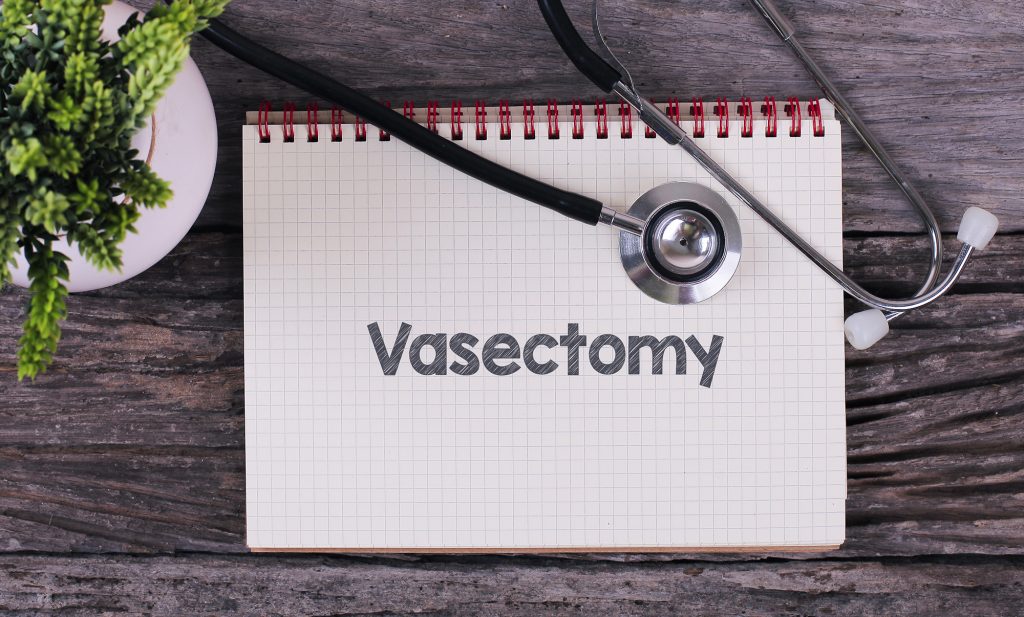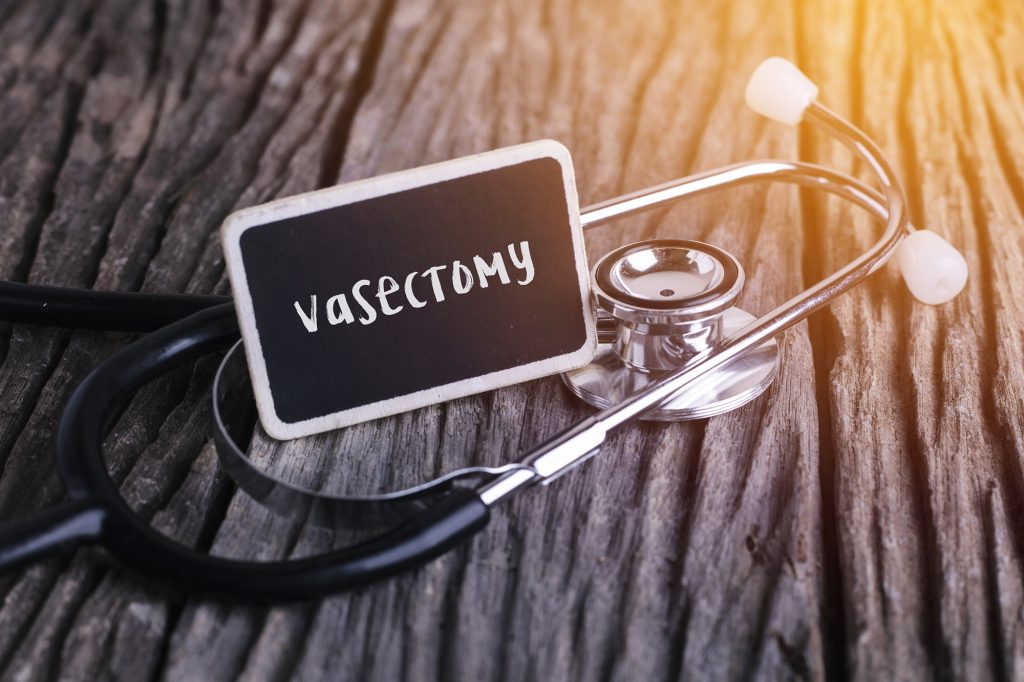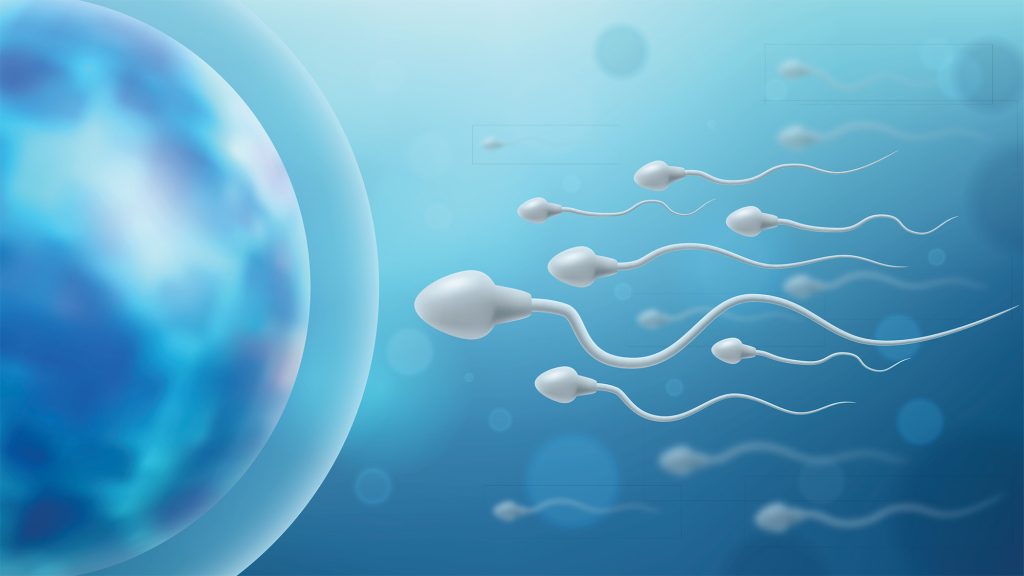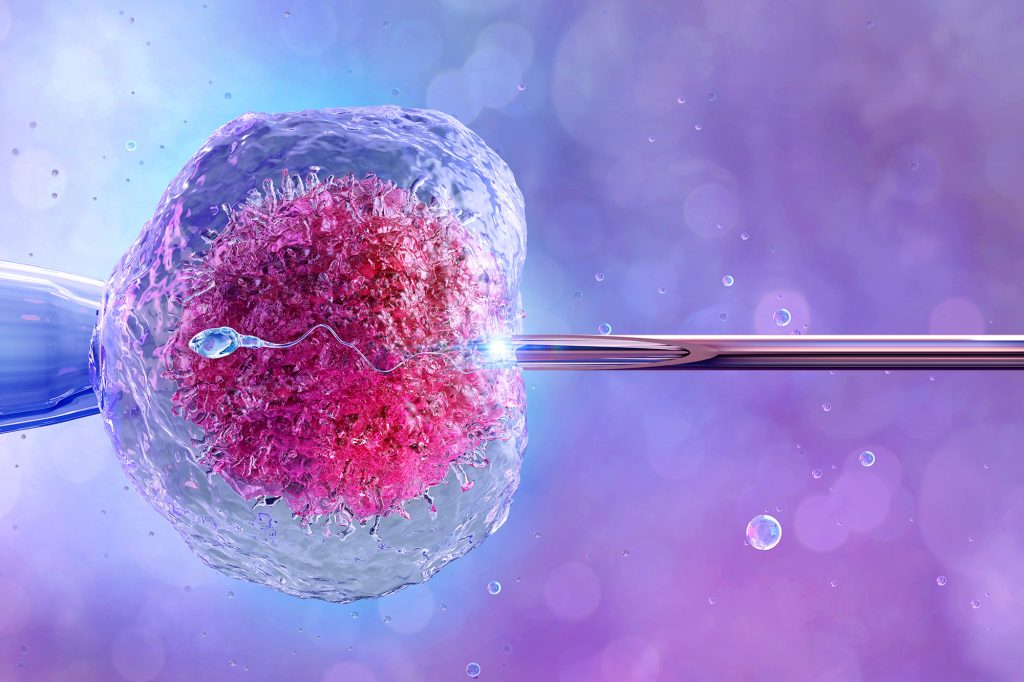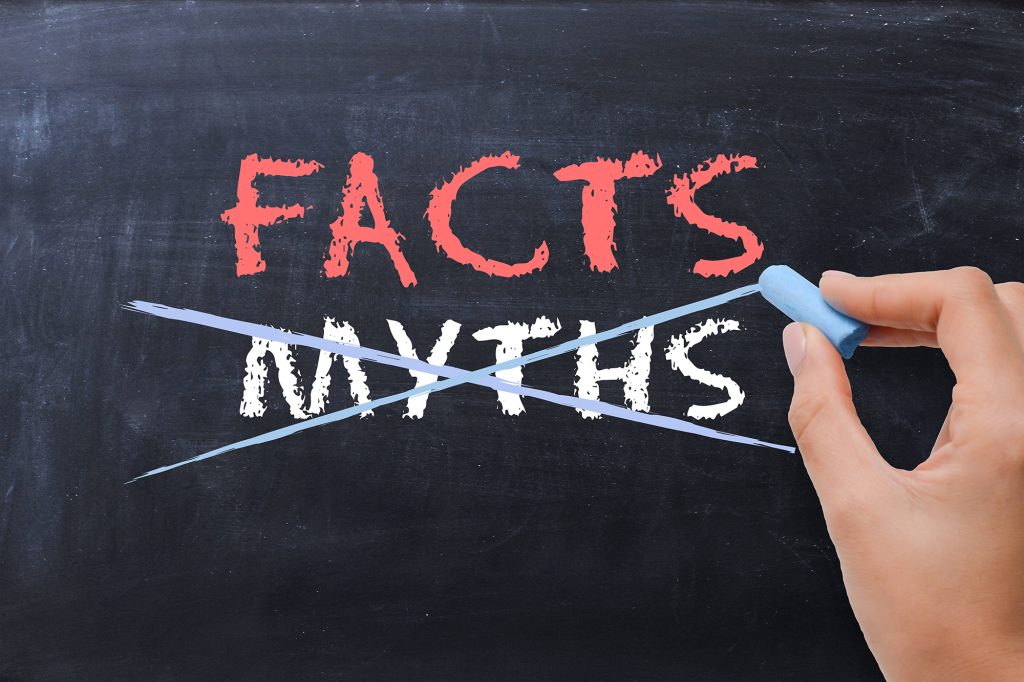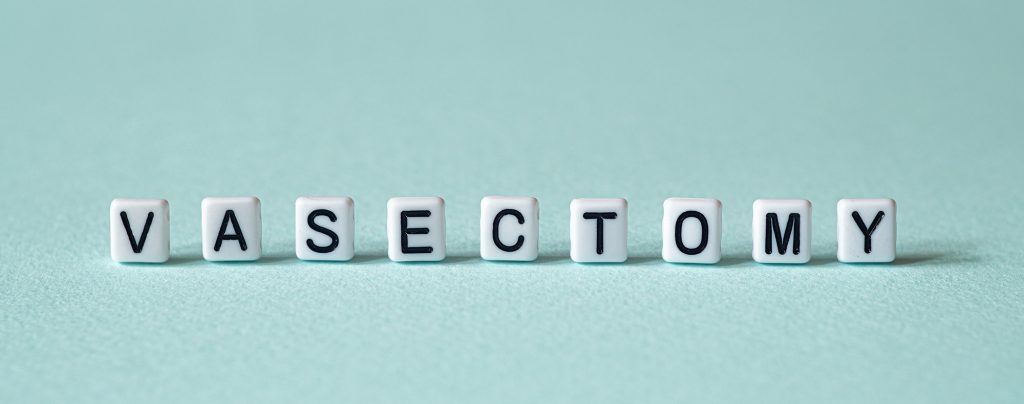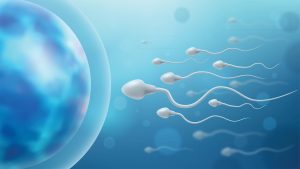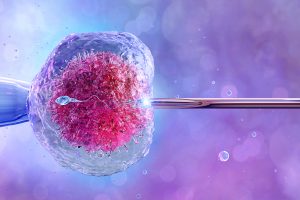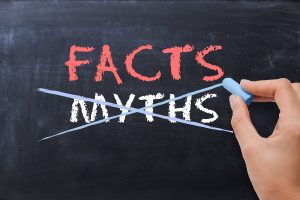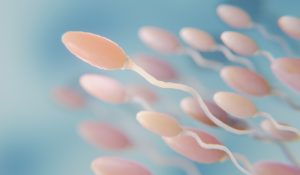Table of Contents
You may be wondering if there are any changes to your ejaculation after having a vasectomy. There is a lot of misinformation out there about the effects a vasectomy can have on your ejaculation and sex life as a whole, so here’s everything you need to know about ejaculation after a vasectomy.
Does ejaculation after a vasectomy feel different?
No, ejaculation after a vasectomy does not feel different. This is because both your hormone production, the muscles involved and the associated pathways remain the same. A vasectomy does not affect your ability to have an erection or orgasm and so you should still experience just as much pleasure and shouldn’t notice a change in intensity, sensitivity or duration of orgasm after the procedure.

What to expect from the first ejaculation after your vasectomy
Your first ejaculation after a vasectomy may be slightly uncomfortable and there may also be a very small amount of blood in your semen, but this is completely normal and any discomfort that you experience shouldn’t persist for too long. If ejaculation is still causing discomfort after a few weeks, it is best to see a doctor.
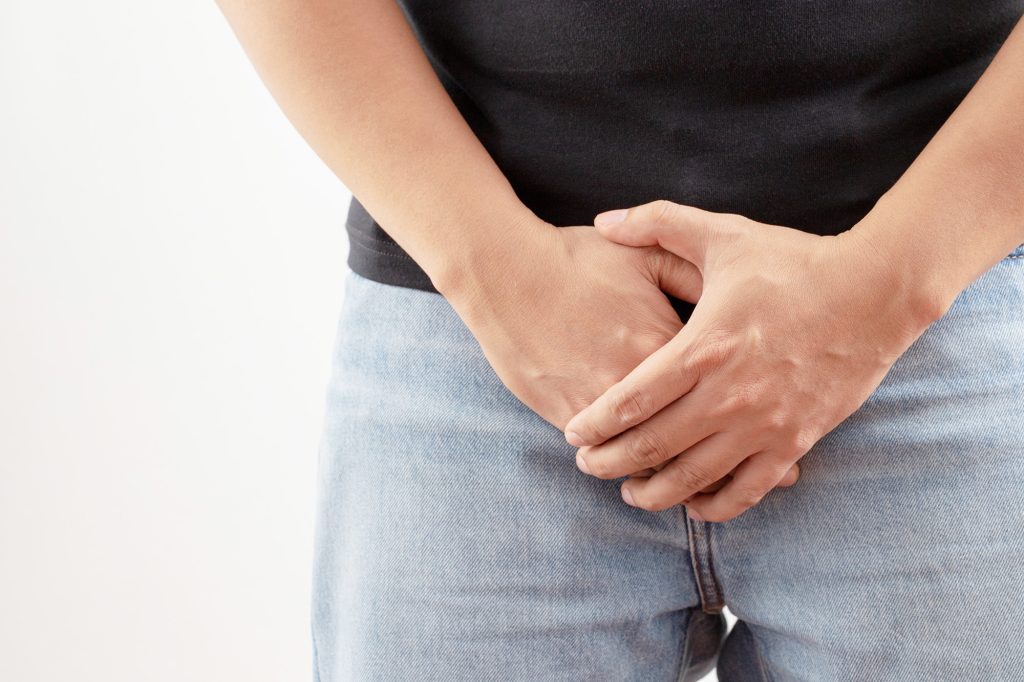
Is it normal to experience severe pain the first time ejaculating after a vasectomy?
No, it is not normal to experience severe pain the first time ejaculating after a vasectomy. Your scrotum may still be a little sensitive, but the procedure itself does not cause any reason for your first ejaculation to cause you pain. On rare occasions, some men may experience a condition called post-vasectomy pain syndrome.
The condition can lead to pain and tenderness in the scrotum, pressure or pain after ejaculation and chronic pain or a dull ache in one or both of the testicles, but such a side effect is relatively uncommon. Our open-ended vasectomy technique significantly reduces the chance of experiencing this chronic testicular pain as the tubes that carry sperm are left open so that the sperm can be absorbed back into the body.
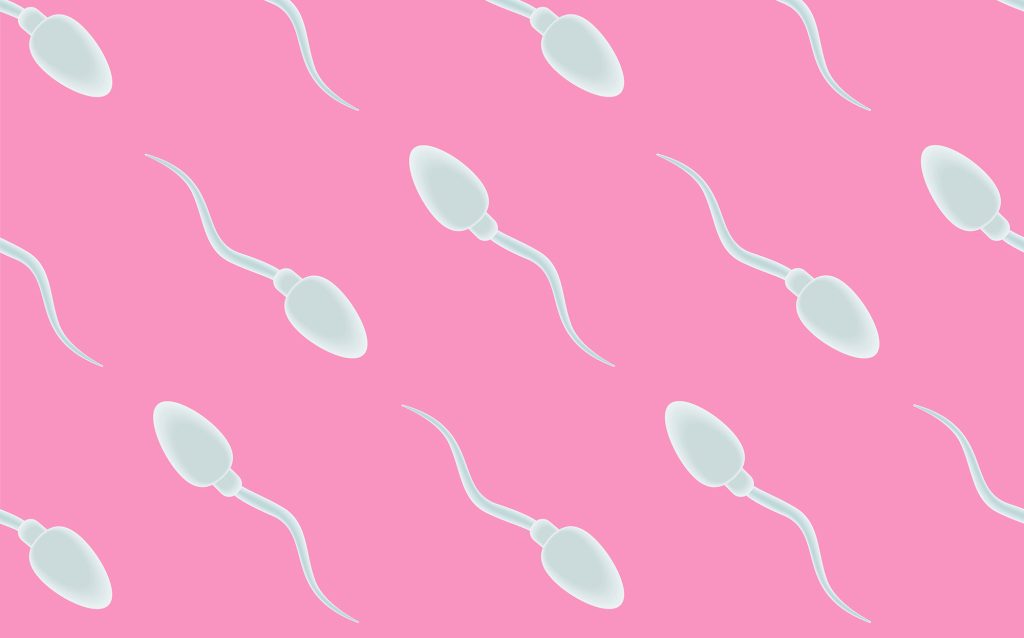
Are there any changes to your ejaculation after a vasectomy?
Yes, there is one fundamental change to your ejaculation after a vasectomy and it’s the most important one, your semen will no longer contain sperm. Generally, it takes approximately 3 months for all of the sperm to be cleared out of your semen after a vasectomy. This is why it’s vitally important that you continue to use other forms of contraception until a semen analysis confirms that your sperm count is zero.
Summary
A vasectomy is the most effective form of male birth control and is a safe, low-cost, and minimally invasive procedure. Your testes will continue to produce sperm after a vasectomy with the only difference being that the sperm will no longer be present in the semen and is instead reabsorbed into the body. As your semen only contained a very small amount of sperm prior to a vasectomy, you will not notice any changes to your ejaculate afterwards.
How to book a vasectomy with MSI
If you’d like to contact us to ask any questions or address any concerns you may have, you can fill out our online contact form. Or if you’re ready to book your vasectomy you can fill out our online booking form.
FAQs
If you have any more questions about our ejaculation after vasectomy or any of our other services, please don’t hesitate to contact us today. In the meantime check out our FAQs which may be able to provide you with the additional information you’re looking for.
Will a vasectomy affect my sex drive?
There is no evidence to suggest that a vasectomy will affect your sex drive or result in a reduction of sexual frequency. Studies have proven that there is no correlation between the two.
What causes post-vasectomy testicular pain?
The causes of testicular pain may be a result of post-vasectomy pain syndrome, which is believed to be caused by testicular back pressure, inflammation, scar tissue and nerve damage.
Can a no-scalpel vasectomy be reversed?
A vasectomy reversal is very expensive, not normally covered by health insurance and doesn’t have a 100% success rate, so is not recommended. However, an operation to reconnect the vas tube is possible if you want to attempt to recover your fertility.
When can I start having sex again after my vasectomy procedure?
We highly recommend that you wait at least 7 days before resuming any sexual activity after a vasectomy as it’s important to give your body time to heal.


